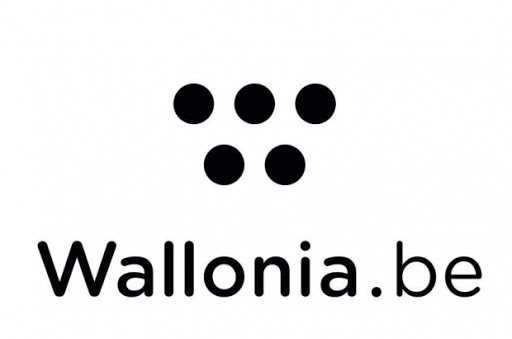Where?
Wallonie-Bruxelles International (WBI), 2 Place Sainctelette, 1080 Brussels (Métro YSER)
When?
October 16th, 2025 – 14:00 to 16:00
Free participation - Mandatory registration
Contact : a.peeters@wbi.be
Programme
13:45 Welcome
14:00 Introduction
- Mrs. Kaatje GEVAERT, Liaison officer European funding, VLEVA
- Mrs. Anne PEETERS, Coordinator WALMEET.EU, WBI
- Mr. Laurent HELLEBAUT, EU Affairs coordinator, AGORIA
14:15 The STEP label: presentation, operation and best practices, Mrs. Irati ICARDO ISASA and Mrs. Evdoka AGALIANOU, Task force STEP, DG Budget, European Commission.
14:45 Questions and answers
15:45 Conclusions
The STEP plan: A European Funding for Technology Companies
Context :
The recent crises between 2020 and 2023 revealed a certain dependence of the EU on energy, raw materials and technologies. Following this observation, the EU launched the STEP plan to counter this dependence and strengthen its autonomy and competitiveness.
STEP aims to label technological projects in order to make them a priority for European Funding. It directs them towards a series of existing instruments such as Horizon Europe, InvestEU, Digital Europe, ESF+, etc. In addition, it provides access to combined funding and greater visibility with private investors.
- If your company operates in one of the sectors considered strategic by the EU, more targeted funding opportunities will become available to you.
STEP Priority Sectors:
- Digital technologies (semiconductors, AI, connectivity, robotics...)and Deep Tech: Deep Tech refers to breakthrough innovations based on science and advanced research, such as AI, aiming to transform scientific discoveries into concrete solutions capable of addressing future challenges like climate change or health.
- Clean and resource-efficient technologies: Net Zero (incl renewable energy, energy efficiency, nuclear technologies,...) and clean technologies (advanced materials, recycling technologies etc),.
- Biotechnologies: health, agriculture, bioeconomy, etc.
Defencetechnologies:
Recently, the Commission proposed to broaden the scope of STEP to cover defence related technologies and products (including Critical Defence Capability Areas related technologies such as air and missile defence, drones, ammunitions...), .. This proposal coincides with the Commission’s substantial increase in funding for the years ahead.
To be considered crucial under the STEP structure, a technology must meet at least two of the following conditions: its innovation potential and its objective to reduce or prevent the EU’s strategic dependencies. It is also important to align with the Union’s goals in terms of sustainability and the green transition, as well as to demonstrate European impact.
- If your company covers one or more areas of expertise, STEP can give you a decisive advantage.
Benefiting from STEP:
It is first important to verify whether the project falls within the sectors covered by STEP in order to apply for labelling, which will increase the chances of funding. To benefit, applicants must respond to calls for proposals published at the EU level. It is important to contact the various national contact points (NCPs) and support structures, such as VLEVA or WALMEET. The federation AGORIA (technology industry) is also a key interlocutor.
STEP uses the resources of eleven existing programs and operates in the form of co-financing. Its objective is to enable projects to benefit from cumulative funding from several EU budget instruments, facilitated by the STEP Seal label. This label acts as a mark of excellence awarded to promising projects. It helps in obtaining additional or alternative funding from public or private sources. Projects awarded the STEP Seal label enjoy better visibility. For example, Innovation Fund grants can be combined with Cohesion Fund grants.
Other forms of funding at the national level are managed jointly by the Commission and national authorities. National resources may take the form of grants but can also include public procurement or financial instruments.
In short:
The STEP plan represents a great opportunity for European technology companies. It helps address the EU’s dependencies by directing strategic European projects towards a wide range of funding instruments.
With the STEP Seal label, promising projects benefit from increased visibility and the opportunity to combine support from various sources.
To be eligible for funding, it is essential to align with EU objectives, respond to calls for proposals, and collaborate with the different NCPs.
Information pratique
WBI, 2 place Sainctelette, 1080 Bruxelles.
